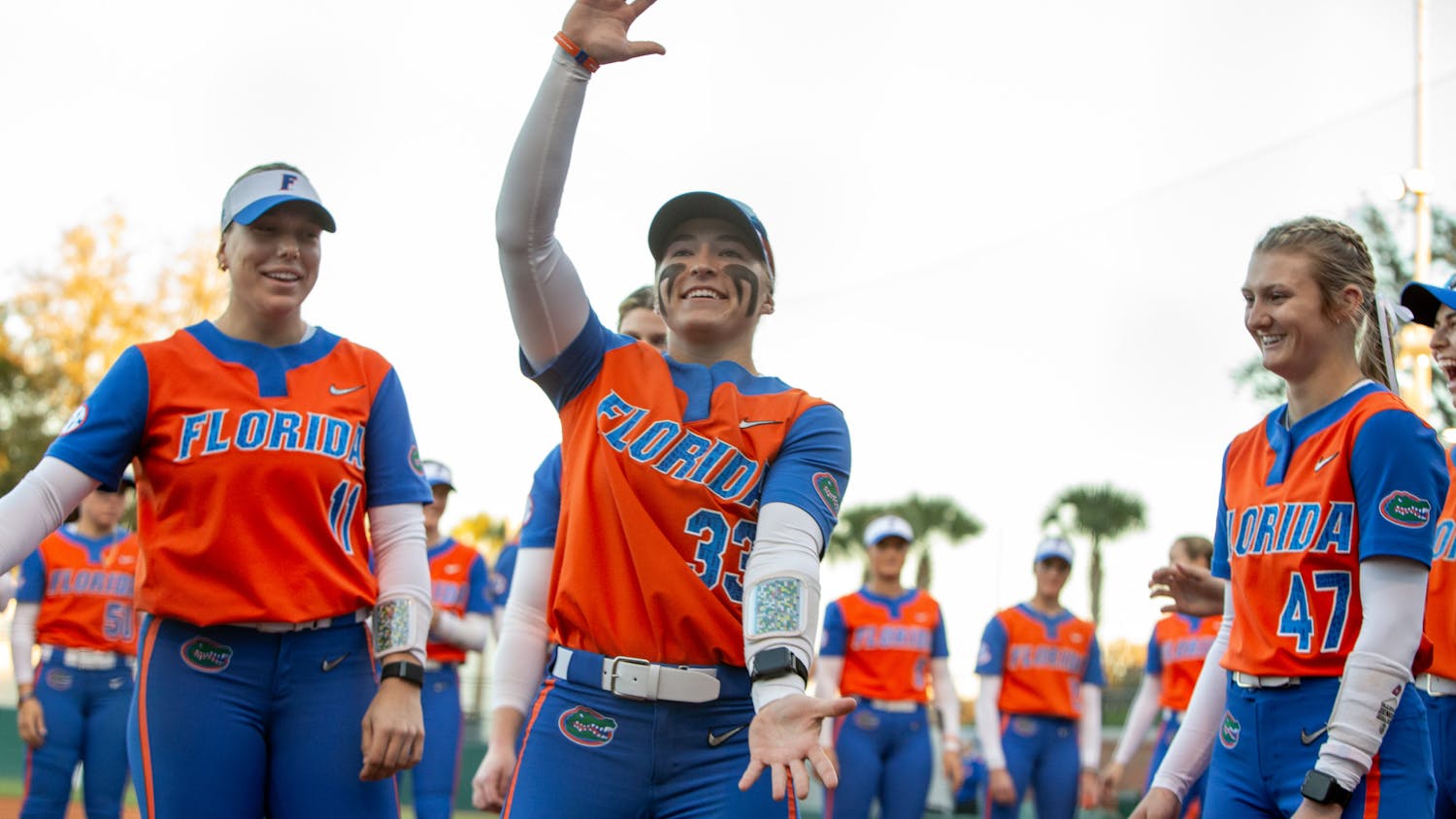Local governments such as Gainesville have made significant progress towards protecting our environment from pollution like single-use plastics. Bans exist all over Florida, so items like plastic water bottles don’t end up in our springs, rivers and oceans.
But all this progress may be reversed by the efforts of Florida House Rep. Brad Yeager, R-New Port Richey, who introduced a bill that will prohibit these bans.
Florida Senate/House Bill 1641, “Regulation of Auxiliary Containers,” fails to address the real target of the bill. It intends to have any regulation that has been produced regarding most types of containers be removed, including rules on plastics, bags and other containers that usually accumulate to be trash.
This should worry everyone, because Gainesville sits on one of Florida’s most precious resources: our springs. This bill just passed the Senate Commerce and Tourism Committee this past month, paving the way for the bill’s future success.
If this bill passes, initiatives by local groups and governments to reduce plastic waste would become null and void. For example, plastic straw or plastic bag regulations are in effect in certain Florida cities. This bill would severely take away the powers of the local government and hand them to the state when it comes to local environmental regulations.
The more power the state has to regulate the various and diverse areas of Florida, the more blanket measures will be produced when matters like this are not one size fits all.
For example, regulations in Orlando can differ from those in Gainesville because Orlando does not have the spring ecosystem running through it. The matter can be simplified down to this: banning single-use plastics and trash that cause pollution can benefit the entire state while prohibiting bans can harm it.
While “auxiliary containers” can refer to all types of containers, the effect on single-use plastic regulations will be significant. According to the Florida Springs Council Bill 1641, “The protections currently in place prohibiting single-use containers on the Rainbow River, Ichetucknee River, Weeki Wachee and Silver Rivers would be repealed.” This means the bill has a retroactive effect, so any progress made by local governments to eliminate pollution in springs or protected areas would no longer be protected.
Many local and state governments around the United States have recognized these items can harm our environment, as around 500 cities and 12 states have produced measures to regulate them. This holds true in Florida as local governments work to preserve a state with such natural beauty.
About 19 municipalities in Florida have bans on single-use plastics, showcasing the desire by many cities to have control over the pollution they cause. These laws produce tangible results in improving our environment. The collective effect of plastic bag bans in many states was found to have cut about six billion bags each year.
Bills like HB 1641 are unnecessary when there are many other critical environmental issues to focus on. Issues like climate change, invasive species, hydrologic disturbances — like in our local springs — and some of the most extensive development we have ever seen in Florida are challenging the state and community. Having regulations on “auxiliary containers” does not harm anyone; they help Florida’s environment and the delicate ecosystem.
Gainesville has many resources and organizations that work to help improve and protect the environment. A non-exhaustive list includes: Life Unplastic, the Florida Springs Council, UnlitterUF, Zero Waste Initiative Gainesville, Sunrise Movement, Beaten Path Compost and the Repurpose Project.
Cayman Forbes is a UF political science and international studies senior.






